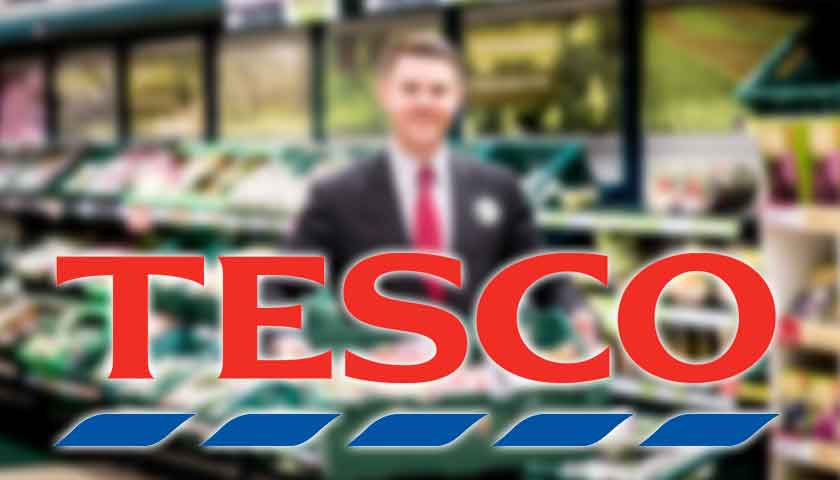Global environmental action NGO, WRAP has issued a stark warning: if the UK’s used textile sector goes under, charities, local authorities and consumers will have to pay the cost of dealing with unwanted used textiles. WRAP predicts the cost of the sector collapsing would be an additional £64 million per year in costs of gate fees for local authorities for disposal of used textiles. This is further to the £73 million local authorities already pay for the textiles citizens currently put in the bin. The cost of collecting and sorting worn-out…
Search Results for: we are f
Tesco and leading health charities urge UK Government to mandate health transparency across food industry
Tesco teams up with 3 leading UK health charities to support the nation’s health. In an open letter to the Health and Social Care Secretary, Tesco and its three leading health charity partners are urging the UK Government to make healthier food sales reporting mandatory for all supermarkets and major food businesses. At its Health Charity Partnership summit last week, Tesco Group CEO Ken Murphy met with CEOs from Cancer Research UK, British Heart Foundation and Diabetes UK to discuss how they can help people lead longer, healthier lives.…
Blown away by customer service: Currys’ 2024 Channel 4 Diversity in Advertising Award campaign hits screens
Currys launches its 2024 Channel 4 Diversity In Advertising Award campaign, ‘Sigh of Relief’, which places inclusivity and accessibility at the heart of the narrative. It will be backed by £1 million of advertising space across Channel 4. The concept focuses on the in-store experience of three customers with accessibility needs when shopping for tech appliances. Seeking to resonate with the experience that many people with disabilities face when shopping, the ad maintains Currys comedic and hyperbolic ‘Beyond Techspectations’ style by featuring an over-exaggerated sigh of relief when their needs…
Final NECPs show progress, but fall short of being true investment roadmaps
The European Commission has released its long-awaited assessment of the final updated National Energy and Climate Plans (NECPs) submitted by 24 Member States. While the final plans reflect progress compared to earlier drafts, they still fall short of being the full set of investment and implementation tools needed to meet Europe’s 2030 climate goals. “Despite some general improvement, the final NECPs still fall short as credible investment plans that can accelerate the deployment of clean energy technologies,” said Alejandra Muñoz Castañer, Senior Government Affairs Manager for Europe at CATF. “Member States must…
CARBIOS signs its first biorecycled PET sales contracts with two global cosmetics leaders
CARBIOS, a pioneer in the development and industrialization of biological technologies to reinvent the life cycle of plastic and textiles, announces the signature of its first multi-year offtake contracts with L’ORÉAL and L’Occitane en Provence for biorecycled r-PET from its future commercial plant in Longlaville. These commercial contracts confirm the demand from global leading brands for recycled and recyclable PET from enzymatic recycling, which enables them to meet both their circularity and quality objectives for their packaging. With the signing of these contracts, CARBIOS has moved forward in the execution…




